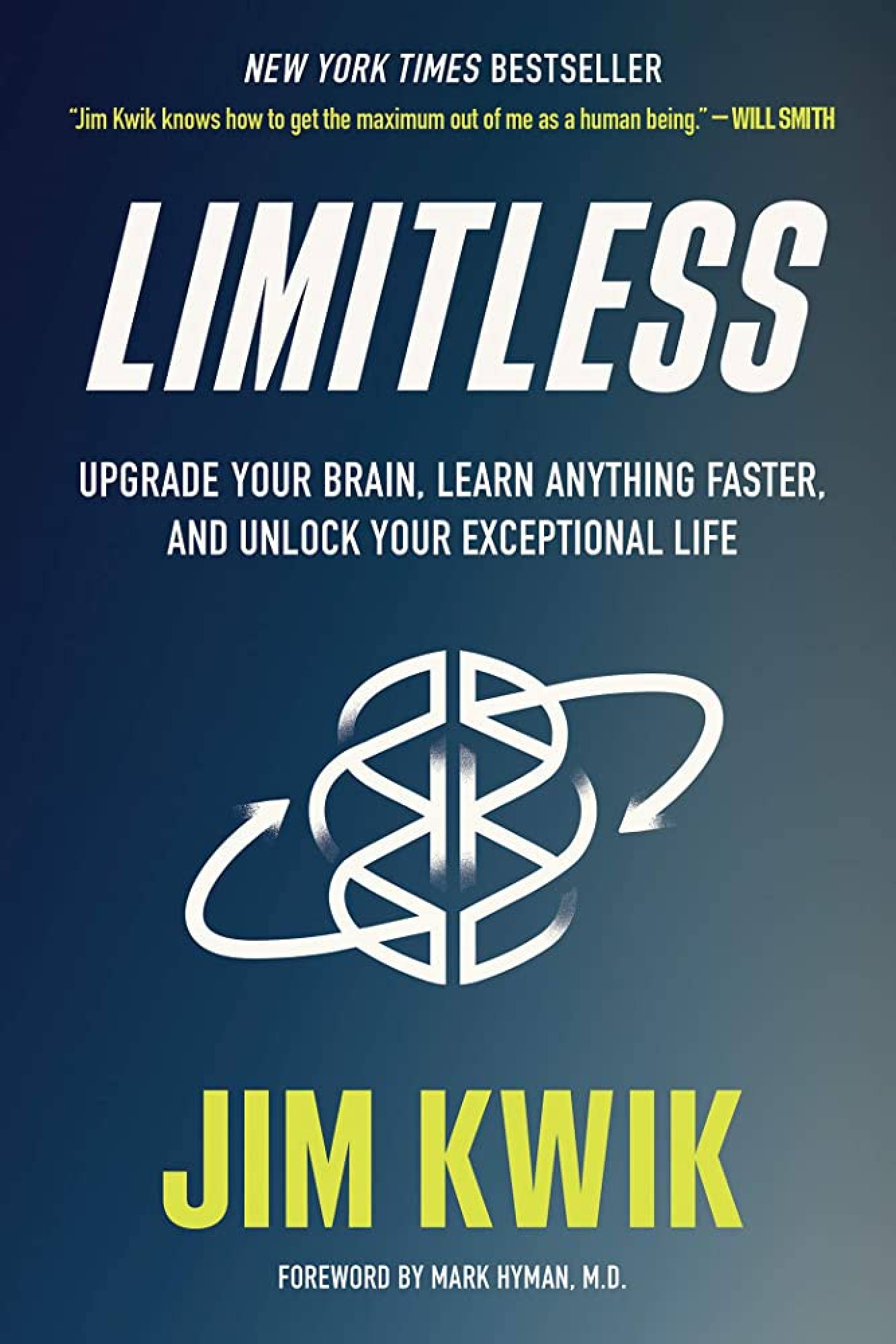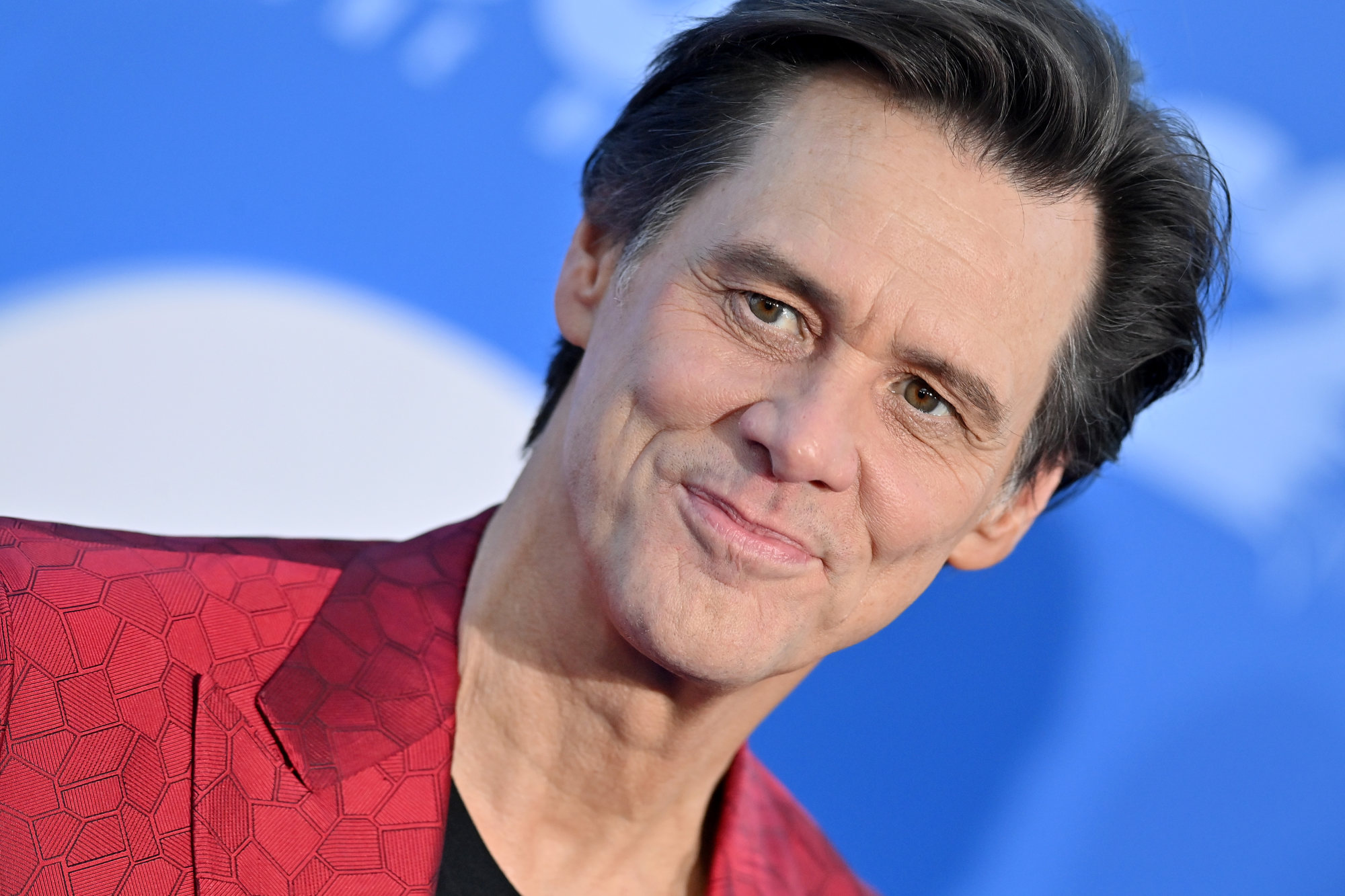
He’s worked with Jim Carrey, Bill Clinton and other celebs – ‘brain coach’ Jim Kwik on how to fix yours and combat ‘digital dementia’
- Kwik has taught Richard Branson and Hollywood stars, and says over-reliance on technology and information overload pose risks to brainpower and mental health
- The brain coach says attaching emotions and actions to knowledge preserves it. His online course teaches skills intended to help in an ever more digitised world
He’s taught at American universities Harvard and Caltech, published a New York Times bestseller, coached the likes of former United States president Bill Clinton and British entrepreneur Richard Branson, and addressed crowds at Google and the United Nations. Jim Kwik is the world’s most famous “brain coach”, helping people learn faster and better.
We are in the green room of personal development conference Mindvalley Live Dubai for a short interview with him, and we race through topics ranging from personal trauma to family inspiration to institutional roadblocks to digital distraction, celebrity anecdotes and the rise of self-help superstars – thus challenging the conventions of normal conversation, but never his brain power.
Kwik suffered a childhood head injury that stunted his ability to learn, until he began exploring ways to retrain his own brain. He eventually penned the 2020 book Limitless, about overcoming self- and externally perceived limitations.
“Our focus in terms of systems is on brain optimisation and learning strategies, and those are things that are very seldom taught in school,” he says.

“It took me an extra few years to learn how to read and focus and remember. And because I had those challenges, that adversity became an advantage when I started to focus on, how can I fix my brain? Then I started asking questions and pursuing mentors and reading books around neuroscience, adult learning theory, multiple intelligence theory.”
Kwik says advances in technology are posing new challenges for people who have to be “dealing with things” that are different from what previous generations had to.

He’s talking about digital distraction, dementia, deluge and even depression.
“How are people concentrating in a world full of rings and pings and dings and notifications, where we’re outsourcing our brains to our smart devices – our schedules, our to-dos, our simple maths, phone numbers, all the data – so our brains don’t have to get the exercise.
“But also it’s kind of like if we take a car everywhere, then we wouldn’t get the exercise of walking.”

Kwik’s methodology is simple, and effective – if his client list and large fan base are anything to go by.
He notes that knowledge is easily lost without an emotional association, and thus advocates improving memory by relating emotionally to new information. He also suggests incorporating some sort of action to help retention – such as teaching it to someone else.
Want to be a ‘superager’? How to keep your brain healthy into your 80s
The easiest way to take Kwik’s courses is, ironically, online – a place where he can reach the most people most efficiently. And though his followers number in the millions, Kwik is a self-professed introvert who’d prefer to stay out of the public eye.
There are very few personal interviews with him, and though self-help coaches may seem like the newest breed of celebrity, “It’s not very natural for me to be on stage or to be on video”.
“But I feel a moral obligation to share what I have learned over the years because I struggled, and shame on me if I’m not helping other people who are struggling.”
While he’d rather not take on the mantle of fame, he’s not opposed to working with famous people – he’s coached many Hollywood stars in speed-reading scripts and memorising lines.

“I got to spend some time with Jim Carrey, and in his home we took a little brain break to make some brain foods. And I asked him, why do you do what you do? He said, ‘I act crazy on stage or on camera because I want to give people who are watching permission to be themselves.’
“I thought that was interesting. Because I think part of our limitation is this idea of who we think we are – and I also think freeing people of concerns is a part of my job.”

